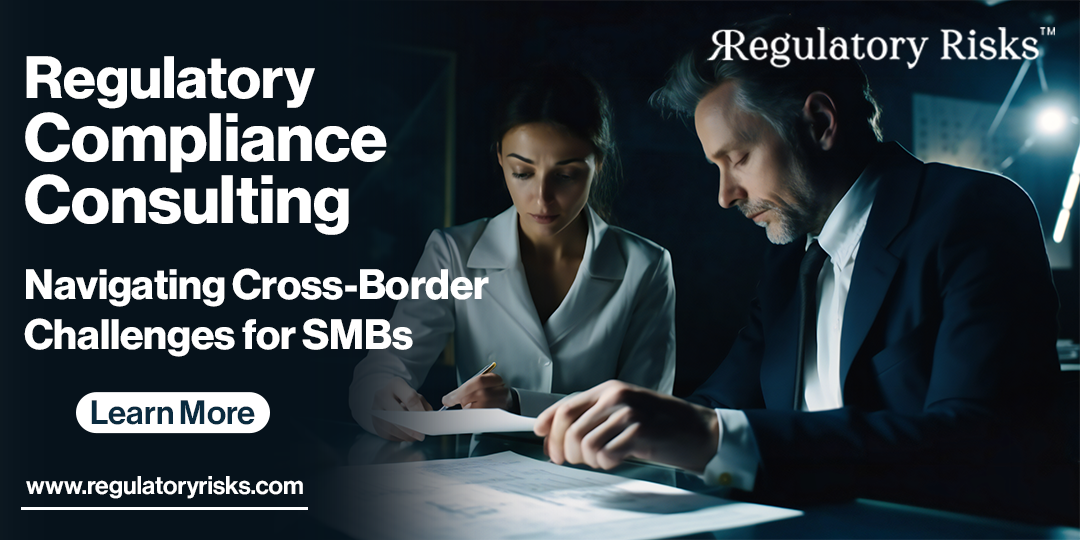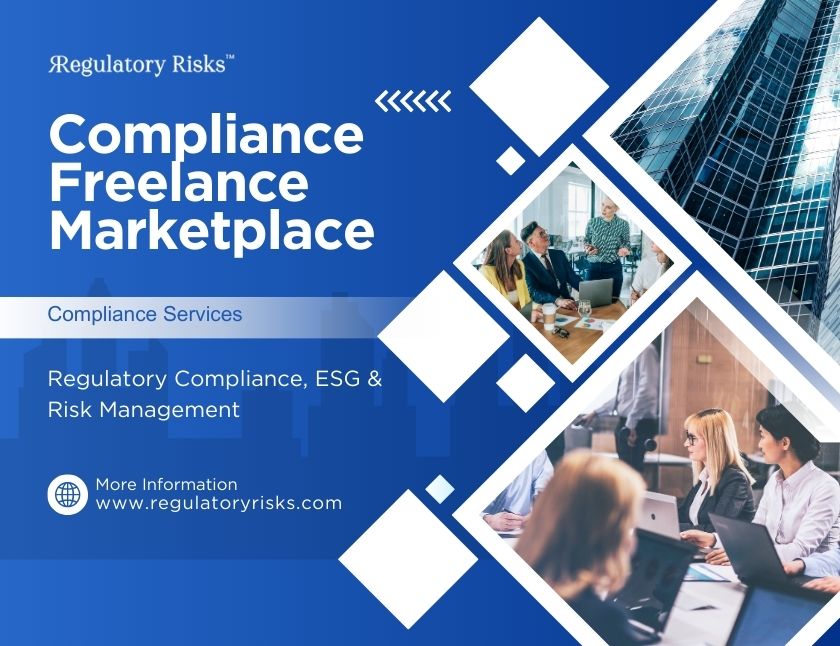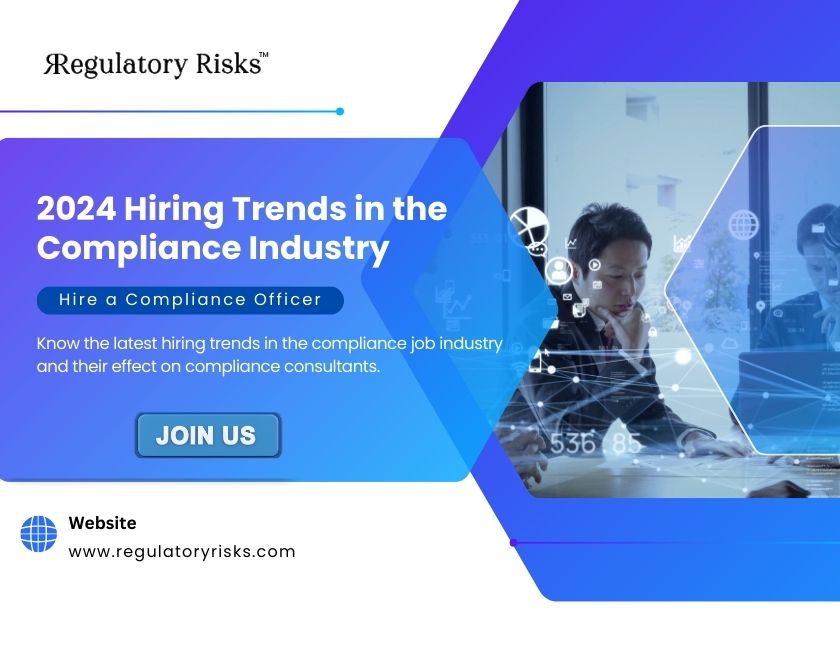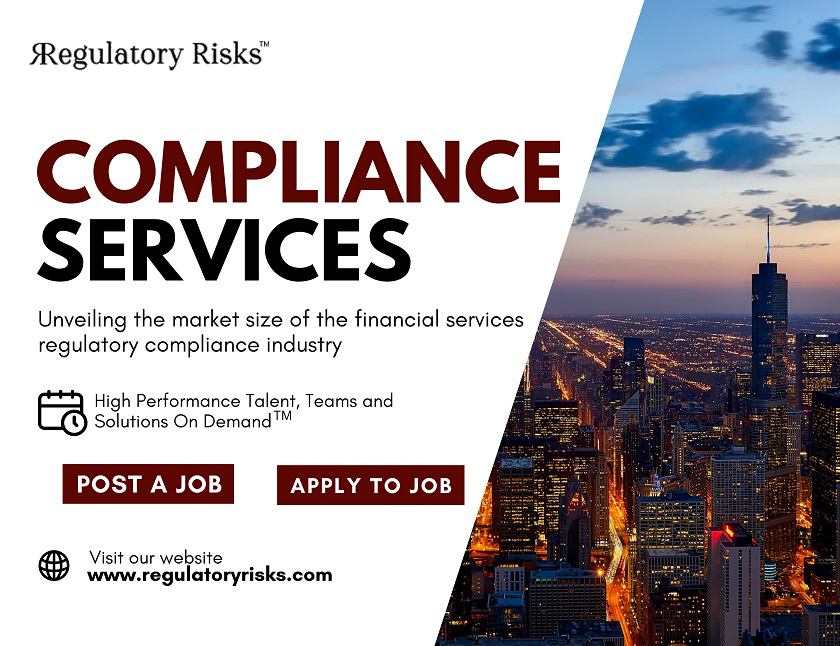In today's rapidly evolving global market, small to medium-sized businesses (SMBs) operating across borders face an intricate web of regulations. Industries such as financial services—particularly asset management—crypto and digital assets, casinos and gaming, and technology platforms are under heightened scrutiny from regulators in the United States and the United Kingdom. Regulatory compliance consulting has emerged as an indispensable tool for these businesses to navigate the complex regulatory landscape, mitigate risks, and seize growth opportunities.
The Evolving Regulatory Landscape: Why Compliance Matters More Than Ever
Regulatory bodies like the U.S. Securities and Exchange Commission (SEC), the Financial Industry Regulatory Authority (FINRA), and the UK's Financial Conduct Authority (FCA) have ramped up enforcement actions in recent years. The focus has intensified on areas like financial crime compliance, data transfer regulations, and cross-border transactional integrity. Regulatory compliance experts note that penalties for non-compliance are not only financial but also reputational, which can be devastating for SMBs striving to establish themselves in competitive markets.
Recent Enforcement Actions Highlighting Compliance Imperatives
Financial Services: Asset management firms have faced significant fines for inadequate anti-money laundering (AML) controls and failure to adhere to Know Your Customer (KYC) regulations.
Crypto and Digital Assets: The SEC has pursued actions against unregistered initial coin offerings (ICOs), while the FCA has tightened regulations around crypto-asset promotions.
Casinos and Gaming: Both U.S. and UK regulators have imposed heavy penalties on gaming establishments lacking robust AML programs.
These developments underscore the critical need for regulatory compliance consultants who can guide SMBs through the maze of international regulations.
Challenges in Cross-Border Compliance for SMBs
SMBs venturing into international markets encounter unique challenges:
Regulatory Complexity: Varying laws across jurisdictions make compliance a moving target.
Resource Constraints: Limited budgets and staff make it difficult to maintain in-house compliance teams.
Technological Barriers: Keeping up with the latest compliance technologies requires investment and expertise.
Regulatory compliance services offer solutions tailored to these challenges, providing expertise without the overhead of a full-time staff.
Financial Crime Compliance in the Crypto and Digital Assets Sector
The blockchain, crypto, and digital assets sector has exploded in growth, catching the keen eye of regulators worldwide. Regulatory compliance consulting is crucial for businesses in this space to navigate the latest financial crime regulations.
Key Requirements
Enhanced Due Diligence (EDD): Firms must implement rigorous KYC and Customer Due Diligence (CDD) processes.
Transaction Monitoring: Real-time monitoring systems are essential to detect and report suspicious activities.
Regulatory Reporting: Accurate and timely reporting to authorities is mandatory.
Upcoming Changes
Travel Rule Implementation: The Financial Action Task Force (FATF) recommends extending the "Travel Rule" to crypto transactions, requiring the sharing of customer information between financial institutions.
MiCA Regulation in the EU: The Markets in Crypto-Assets (MiCA) regulation aims to create a comprehensive regulatory framework for digital assets, impacting cross-border operations.
Increased Scrutiny on DeFi: Decentralized Finance platforms may face new regulations concerning AML and counter-terrorist financing (CTF).
Staying ahead of these changes requires the expertise of regulatory compliance experts who specialize in the crypto and digital assets sector.
Best Practices for Effective Compliance
Engage Regulatory Compliance Consultants Early
Early engagement with regulatory compliance consultants allows SMBs to build compliance into their business models from the ground up, rather than retrofitting policies under regulatory pressure.
Implement Robust Compliance Programs
Policy Development: Craft comprehensive policies covering AML, data protection, and cross-border transactions.
Training and Culture: Foster a compliance-centric culture through regular staff training and clear communication.
Technology Integration: Leverage compliance technologies such as RegTech solutions for efficient monitoring and reporting.
Stay Informed on Regulatory Changes
Regular consultations with regulatory compliance experts help businesses stay abreast of evolving regulations, ensuring ongoing compliance.
The Value of Freelance Marketplaces in Compliance Consulting
Freelance marketplaces have revolutionized how SMBs access regulatory compliance services. Platforms connect businesses with seasoned regulatory compliance consultants, offering flexibility and cost-effectiveness.
Advantages of Leveraging Freelance Marketplaces
Access to Specialized Expertise: Find consultants with niche expertise in specific industries or regulatory areas.
Cost Efficiency: Engage experts on a project basis, optimizing budget allocations.
Global Perspective: Tap into a global talent pool for insights into international regulations.
Case Study: SMB Success Through Freelance Compliance Consulting
A fintech startup aiming to expand into the UK market utilized a freelance regulatory compliance expert to navigate FCA regulations. This strategic move enabled them to launch successfully without the overhead of a permanent compliance team.
Data Transfer Regulations and Cross-Border Compliance
Data protection has become a focal point for regulators, especially with laws like the General Data Protection Regulation (GDPR) in the EU and the California Consumer Privacy Act (CCPA) in the U.S.
Key Considerations for SMBs
Cross-Border Data Transfers: Compliance with data transfer regulations requires understanding mechanisms like Standard Contractual Clauses (SCCs) and Binding Corporate Rules (BCRs).
Data Localization Laws: Some countries mandate that data be stored within their borders, affecting global operations.
Consent and Transparency: Clear policies on data usage and obtaining explicit consent are mandatory.
Regulatory compliance consulting helps SMBs navigate these complex requirements, ensuring that data practices meet international standards.
The Strategic Advantage of Regulatory Compliance Consulting
Investing in regulatory compliance services is not just about avoiding penalties; it's about gaining a competitive edge.
Market Access: Compliance opens doors to new markets by meeting international regulatory standards.
Investor Confidence: Demonstrating robust compliance attracts investors and partners.
Operational Efficiency: Streamlined compliance processes reduce administrative burdens and operational risks.
By partnering with regulatory compliance experts, SMBs can focus on growth while confidently managing regulatory obligations.
Conclusion: Embracing Compliance as a Catalyst for Growth
The intricate world of cross-border regulations presents both challenges and opportunities for SMBs. Regulatory compliance consulting serves as a beacon, guiding businesses through the complexities of international laws and helping them build resilient, compliant operations.
In sectors like financial services, crypto and digital assets, casinos and gaming, and technology platforms, staying ahead of regulatory changes is paramount. Engaging with regulatory compliance consultants and leveraging the power of freelance marketplaces can provide the expertise needed without straining resources.
By prioritizing compliance and embracing the support of regulatory compliance experts, SMBs can mitigate risks, enhance their reputation, and unlock new avenues for growth. In an era where regulatory landscapes shift rapidly, proactive compliance is not just a necessity—it’s a strategic advantage.
For more insights and assistance on navigating the complex world of cross-border compliance, visit Regulatory Risks and connect with our network of regulatory compliance consultants.




